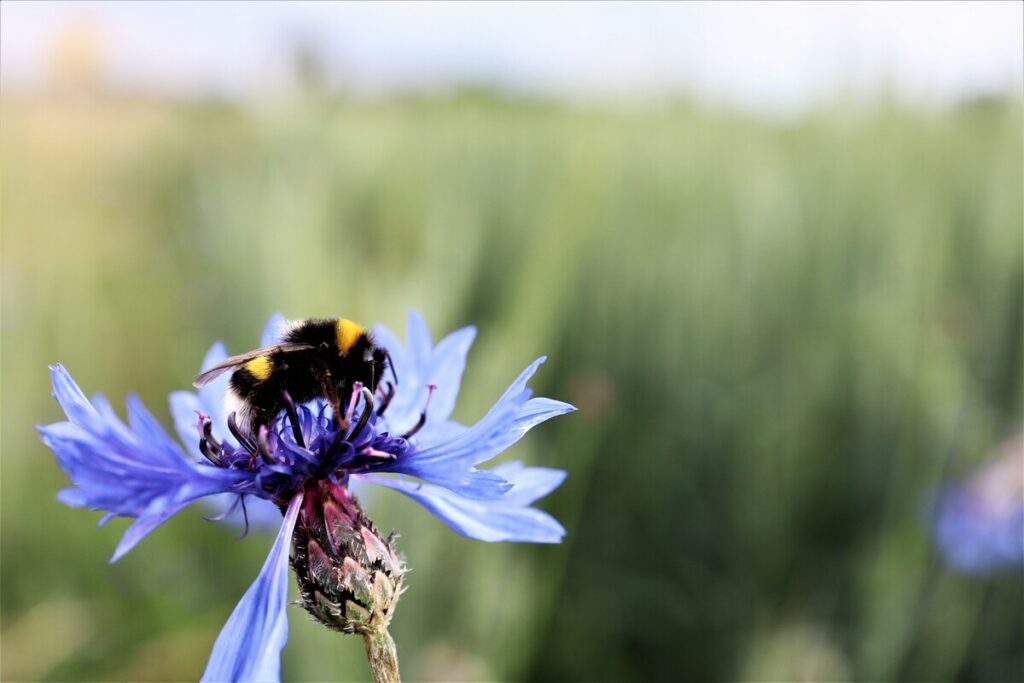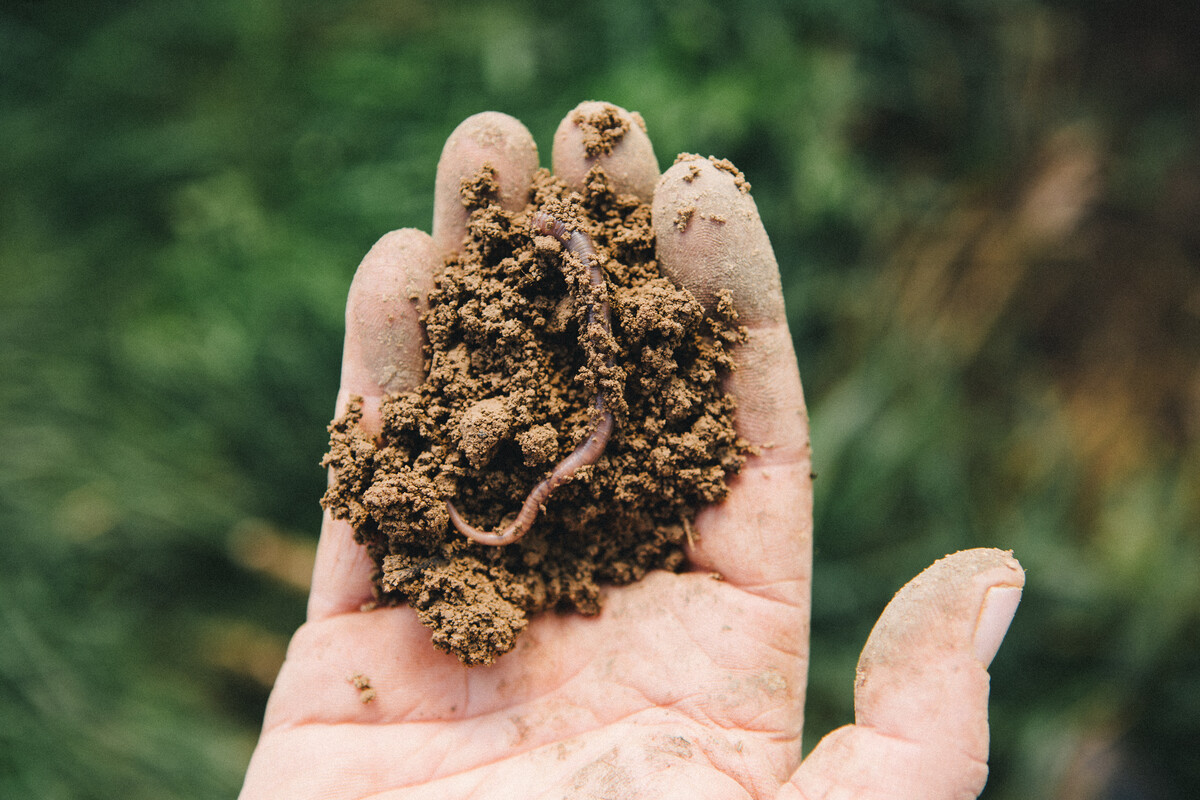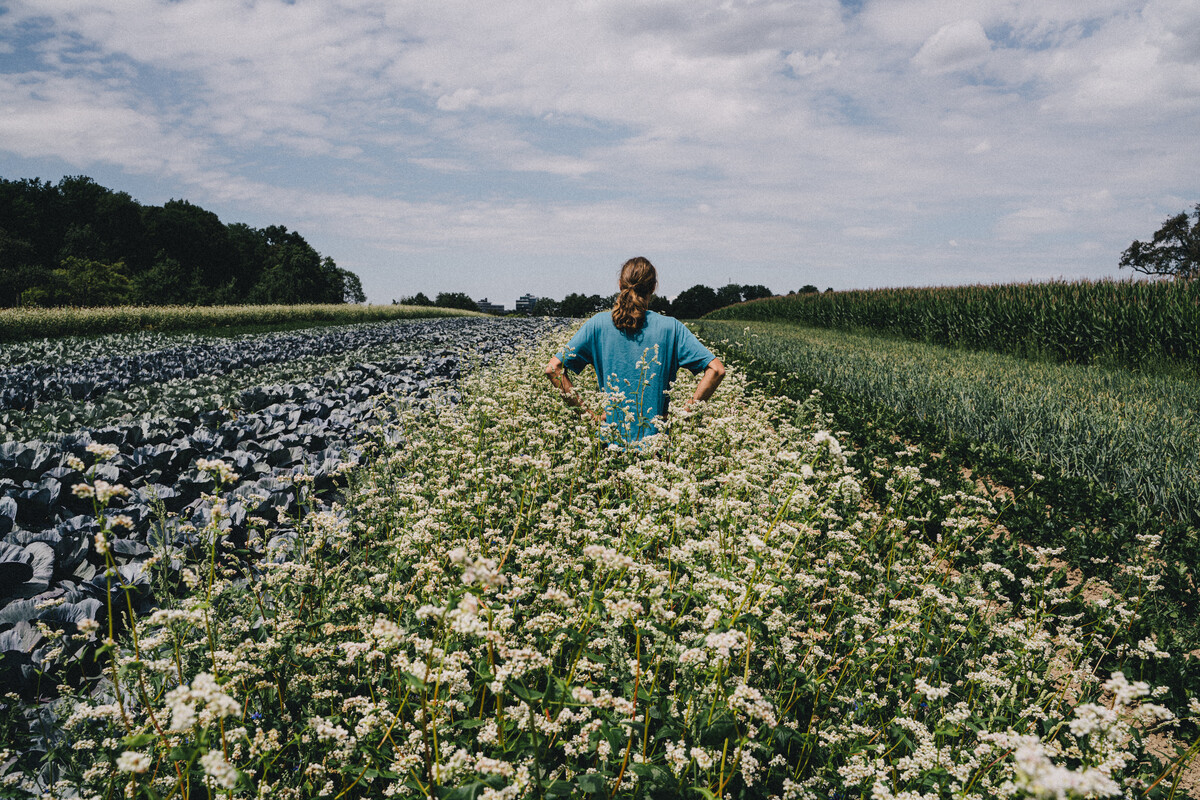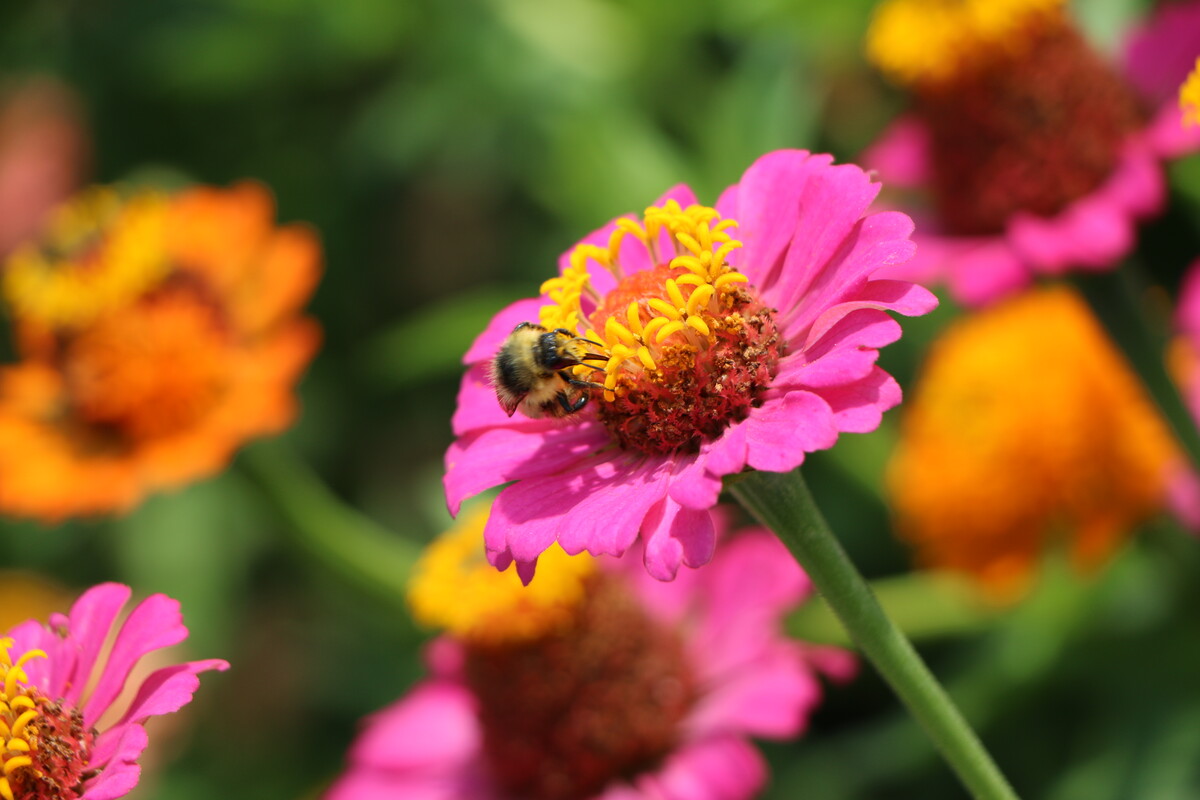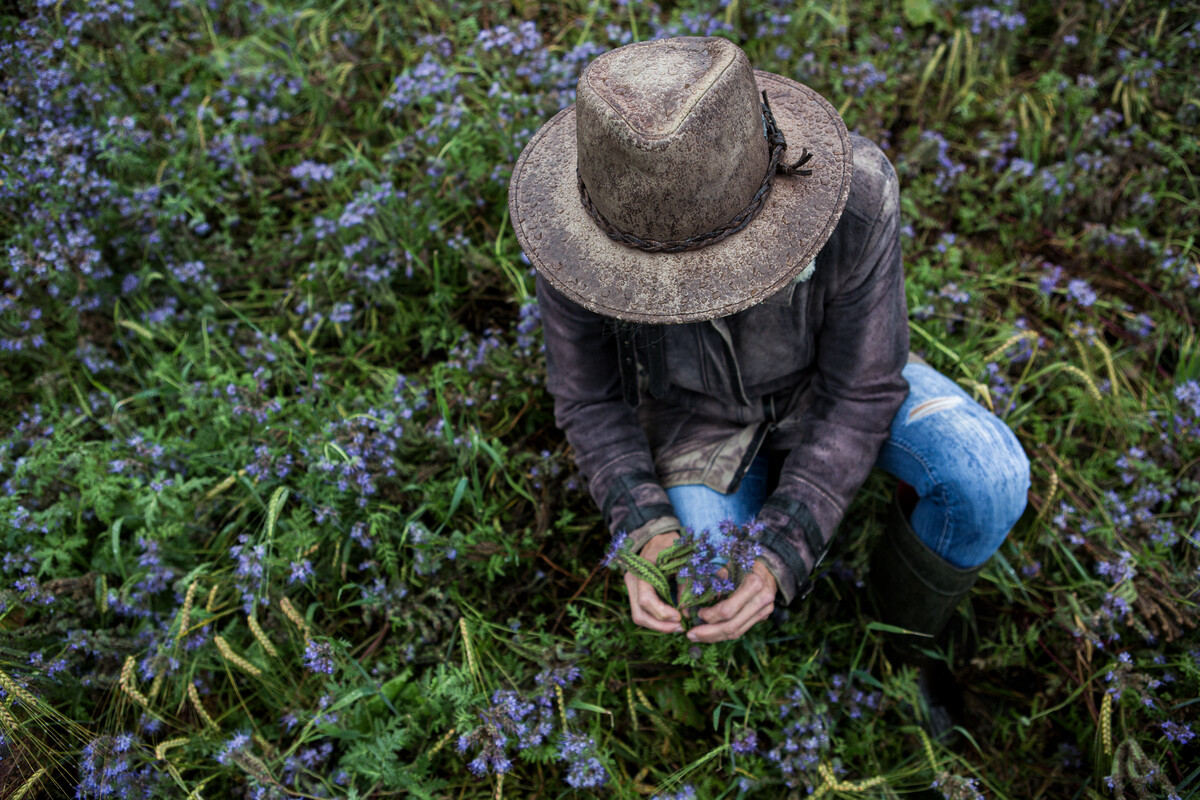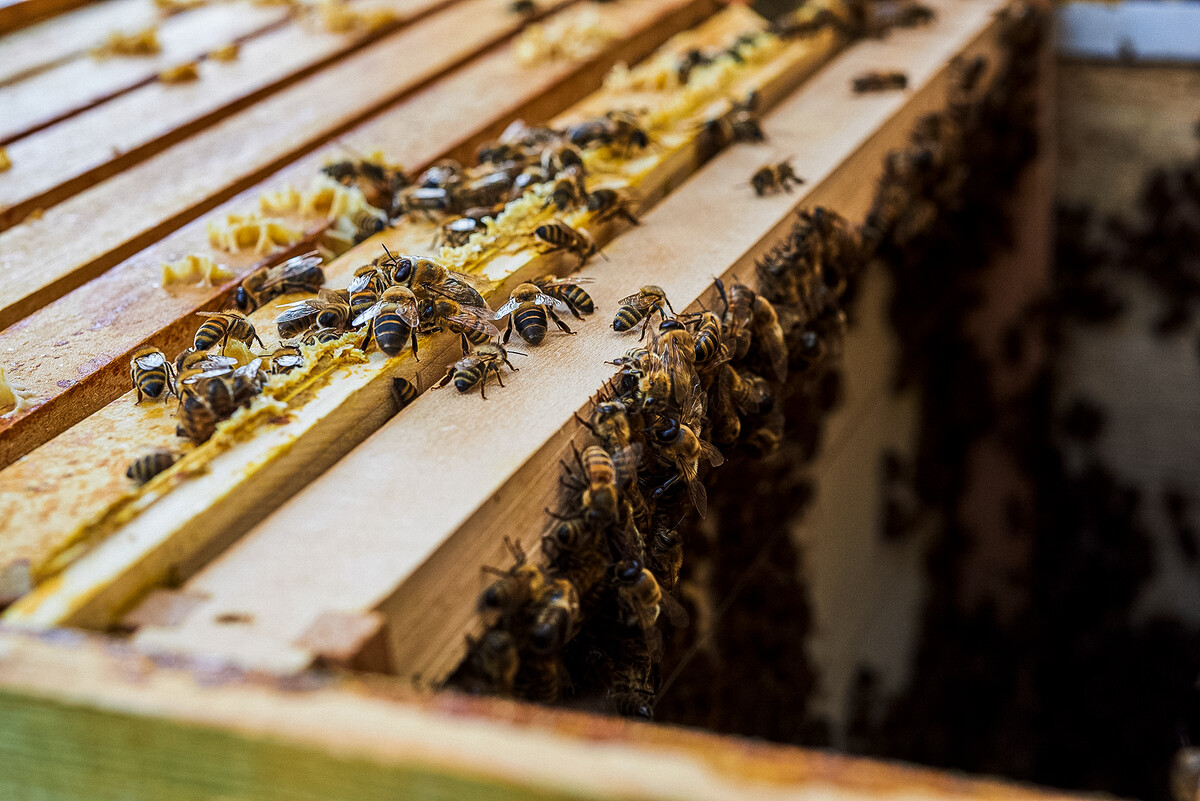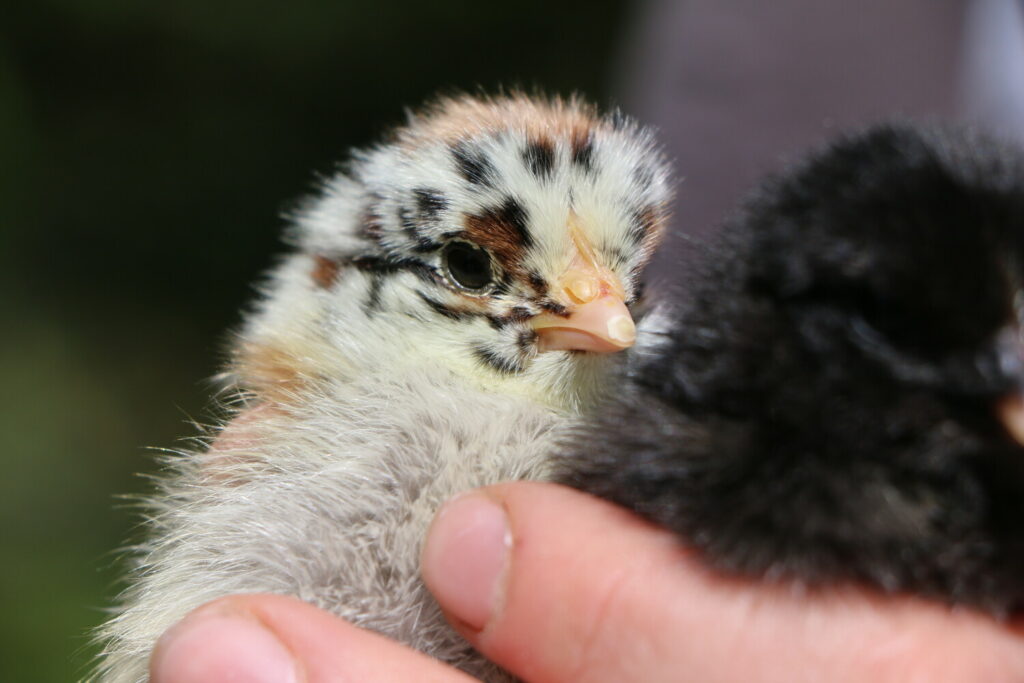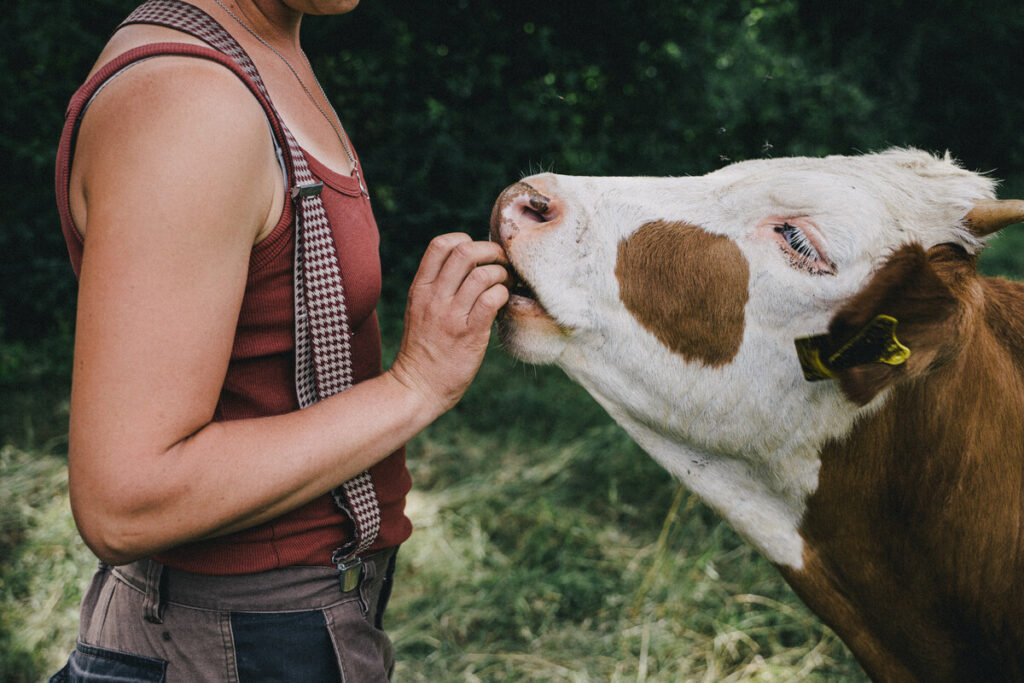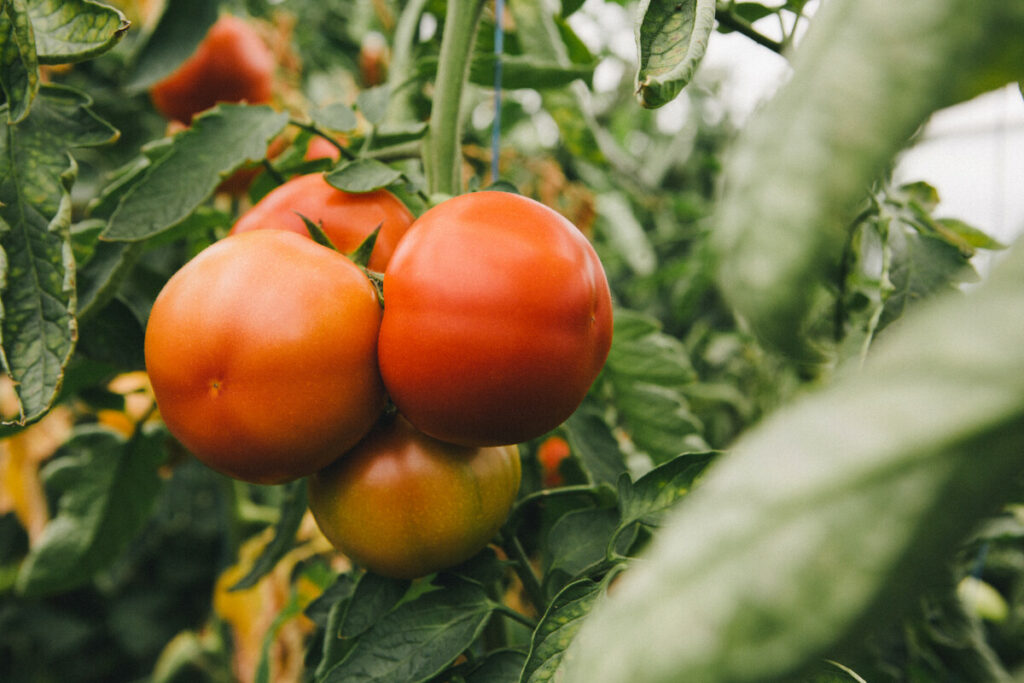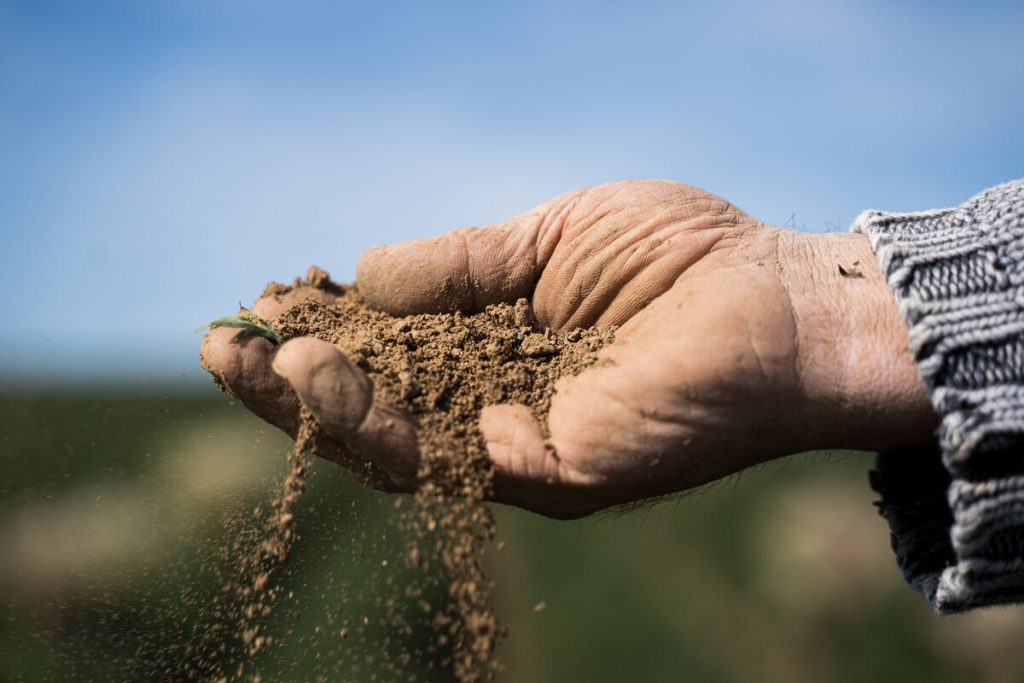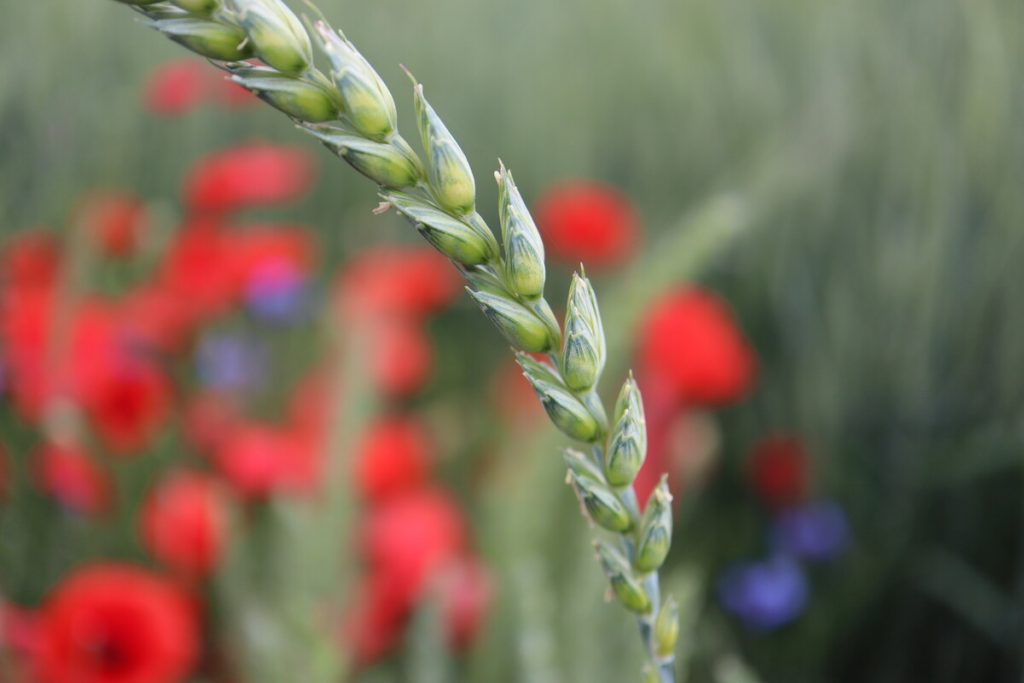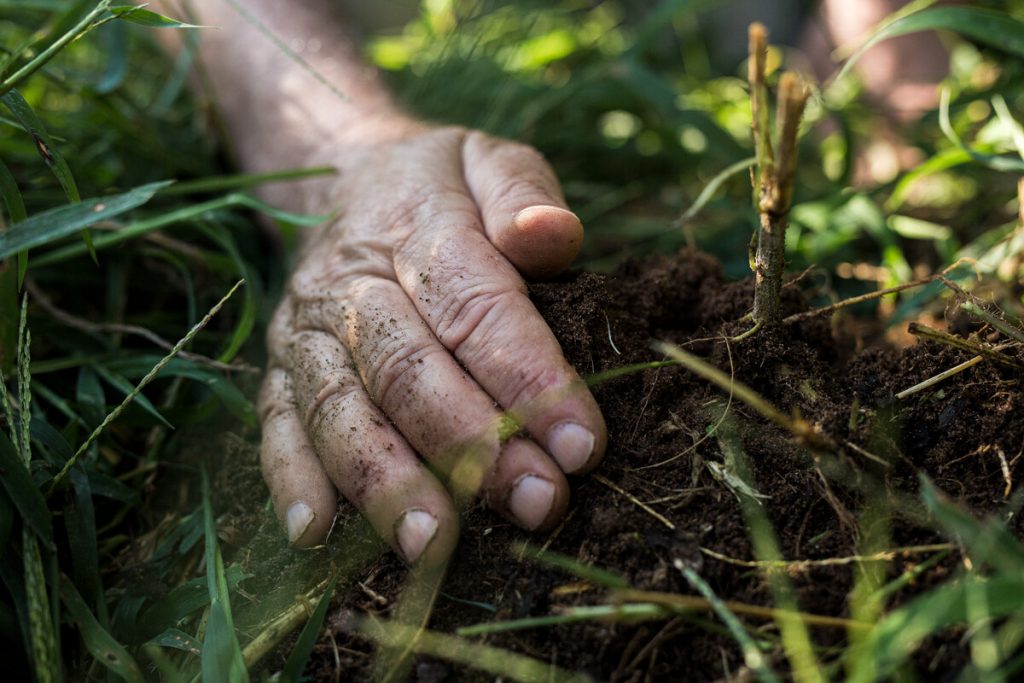There is an urgency to restore our planet’s biodiversity and organic and biodynamic farming is a step forward in the right direction. 35% more birds and 23% more insects are found in organic farmland thanks to the creation of natural habitats and the absence of chemical and synthetic pesticides. Biodynamic farmers and growers encourage biodiversity on their farms and gardens, as a priority, so their crops can benefit from this balancing effect.
Demeter stands for biodiversity – to underpin this, in 2013 it was included in the chapter “Biodiversity” of the Demeter Standard: the biodiversity areas on Demeter farms must amount to at least 10% of the farm area. Biodynamic agriculture goes the extra mile to encourage the diversity of plants and animals in our landscape.
